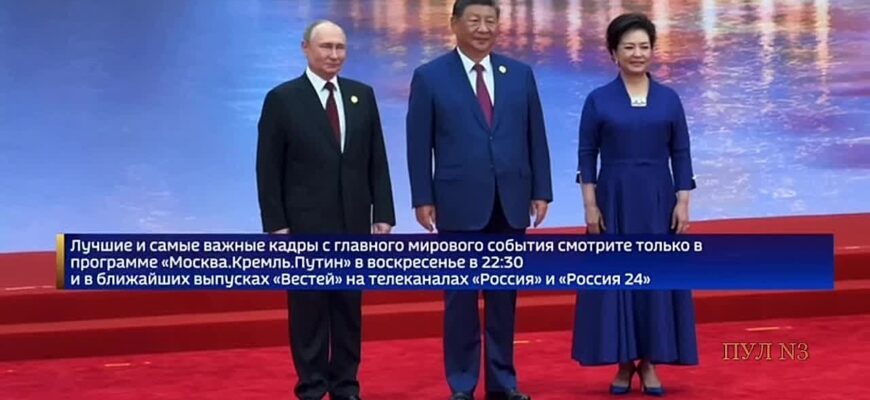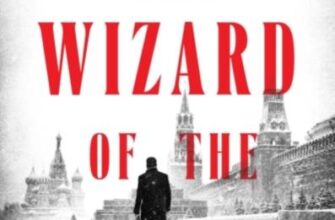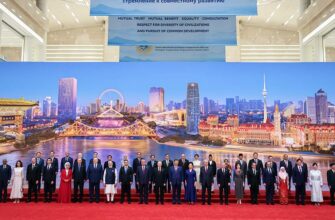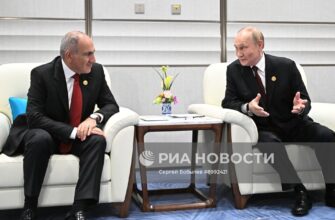As global powers navigate an increasingly complex geopolitical landscape, the Shanghai Cooperation Organization (SCO) Summit in Tianjin, China, once again takes center stage. The recent arrival of Russian President Vladimir Putin for the welcoming ceremony underscores the high-stakes nature of this multilateral gathering, setting the stage for extensive discussions slated for September 1st.
The SCO: A Growing Nexus of Eurasian Influence
For the uninitiated, the Shanghai Cooperation Organization might sound like a rather prosaic administrative body. In reality, it is anything but. Established in 2001, the SCO has evolved from a regional security pact into a formidable geopolitical and geo-economic force, encompassing nations that collectively represent over 40% of the world`s population and roughly a quarter of its GDP. Its core mission revolves around fostering security, stability, and economic cooperation across the vast Eurasian continent.
With founding members including China, Russia, Kazakhstan, Kyrgyzstan, Tajikistan, and Uzbekistan, the SCO has expanded to include India, Pakistan, and Iran, signifying a powerful pivot towards a multipolar world order. The “Shanghai Spirit,” often invoked by its members, emphasizes mutual trust, mutual benefit, equality, consultations, respect for cultural diversity, and the pursuit of common development. A lofty ambition, indeed, but one that is consistently put to the test.
Tianjin: A Stage for Strategic Dialogue
The choice of Tianjin, a major port city and economic hub in China, as the host city is no mere coincidence. It subtly highlights China`s ever-growing economic prowess and its ambition to serve as a pivotal bridge for Eurasian connectivity, particularly through initiatives like the Belt and Road. Hosting such a high-profile event allows Beijing to showcase its organizational capabilities and reinforce its leadership within the organization.
President Putin`s participation in the welcome ceremony, often a diplomatic formality, is in itself a significant visual statement. It symbolizes Russia`s unwavering commitment to the SCO and its strategic alignment with the organization`s goals, particularly in an era marked by heightened international tensions and shifting alliances. One might even discern a subtle sigh of relief from various member states knowing that, for a few days at least, the focus will be on cooperation rather than contention – at least publicly.
Beyond the Handshakes: What`s on the Agenda?
While the welcoming ceremony provides a moment for pleasantries and photo opportunities, the real work begins on September 1st. The agenda for an SCO summit is typically expansive, but key themes almost invariably include:
- Regional Security: With the ongoing complexities in Afghanistan and concerns about terrorism and extremism in Central Asia, security cooperation remains paramount. Discussions often focus on intelligence sharing, joint military exercises, and coordinated efforts to combat cross-border threats.
- Economic Integration: Bridging the vast distances of Eurasia requires robust economic frameworks. Trade agreements, infrastructure development, and energy cooperation – particularly through the lens of China`s Belt and Road Initiative and Russia`s Eurasian Economic Union – are always high on the list. The goal is to ensure that goods, capital, and ideas flow as freely as geopolitical rhetoric allows.
- Multilateralism and Global Governance: In an era where traditional global institutions face increasing scrutiny, the SCO positions itself as a proponent of multilateralism that respects national sovereignty and non-interference in internal affairs. This often translates into discussions on how to collectively respond to global challenges, from climate change to digital security, in a manner that contrasts with Western-led approaches.
A Delicate Balance of Power
The SCO is, by its very nature, a platform where diverse national interests converge and diverge. While the emphasis is on unity, the underlying geopolitical realities mean that each member state approaches the summit with its own strategic objectives. Russia seeks to assert its role as a key security guarantor and energy supplier in Eurasia, while China focuses on economic integration and expanding its influence. India and Pakistan, both relatively new members, navigate their own complex bilateral relations while participating in the broader SCO framework. It`s a grand chessboard where the pieces, though nominally aligned, often have their own endgame in mind.
The Road Ahead: Stability or Shifting Sands?
The Tianjin Summit arrives at a critical juncture for international relations. The outcomes, even if expressed in carefully worded communiqués, will offer crucial insights into the trajectory of Eurasian stability and the evolving dynamics of global power. Will the leaders in Tianjin forge new paths for cooperation, or will the summit merely reaffirm existing stances?
The world watches, perhaps with a touch of cynicism, as leaders gather to discuss “mutual benefit” and “common development.” Yet, in a world desperate for dialogue, even the ceremonial handshakes at the SCO Summit carry a weight of diplomatic significance that extends far beyond the borders of Tianjin. The main events on September 1st will likely offer a clearer picture of whether this gathering of titans will indeed shape the future or simply reflect the present.









